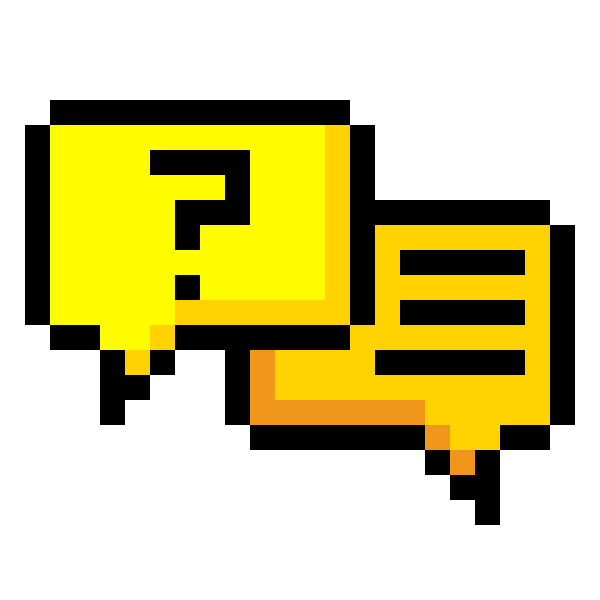463 reads
Web 3 Gaming: Exclusive Interview With World Play League CEO Peter Tomala
by
August 16th, 2023
Audio Presented by

A seasoned blockchain journalist & legal consultant shaping crypto narratives and navigating regulatory minefields.
Story's Credibility



About Author
A seasoned blockchain journalist & legal consultant shaping crypto narratives and navigating regulatory minefields.
